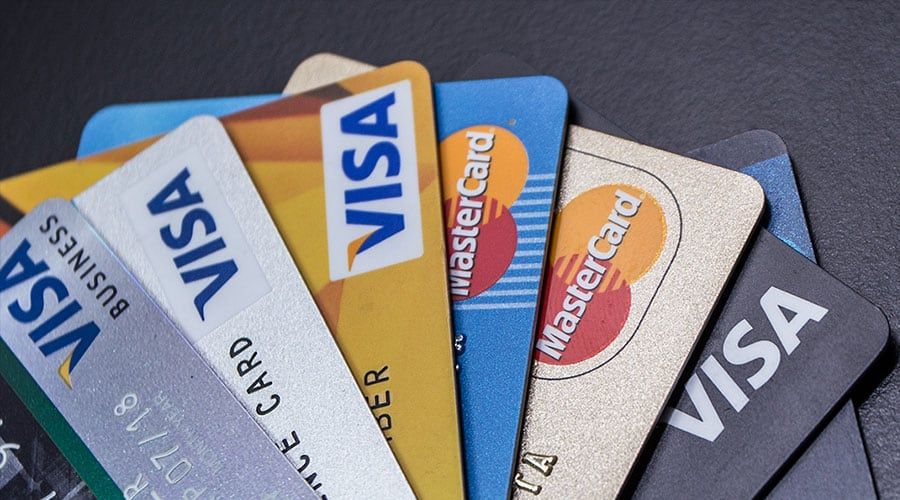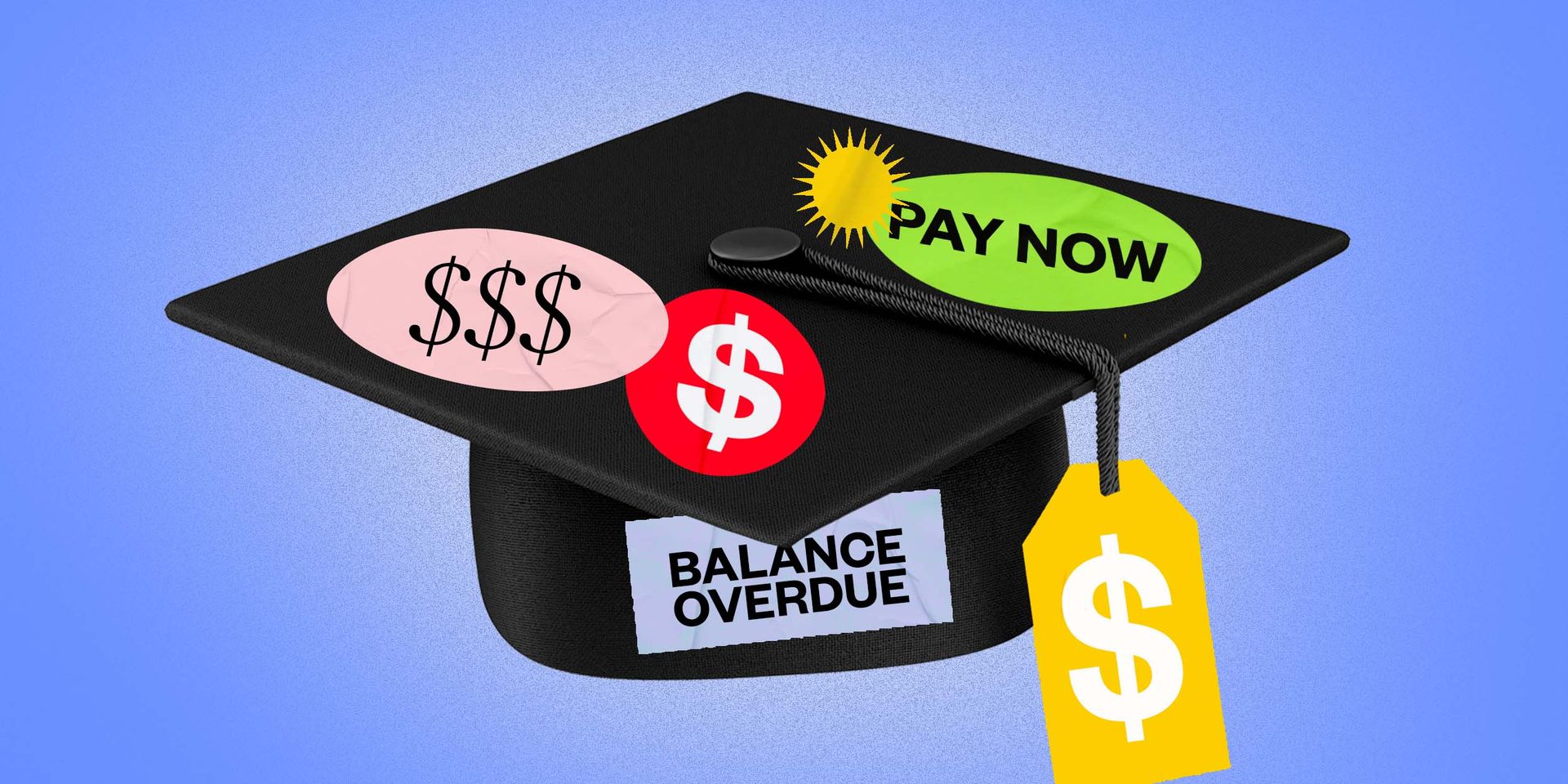Learn how to become financially successful
5 Ways the FED HIKE will affect your pocket!!
This is how you can protect yourself from the FED hikes! Read ahead!

The FED raising rates again is something that it’s out of your control. While you might think it will not affect you at all, well think again! It affects everyone using and managing money and debt.
In this post, I will explain the 5 ways this rate hike will affect your pockets, how you can prevent it from happening, and ways you can come out ahead!
Any action by the FED to raise rates will correspond to a hike in the prime rate and send financing costs higher for many types of consumer loans. The thing is that short-term borrowing rates are the first to jump.
Variable rates are the ones that follow the FED moves within one to three statement cycles. So, when the FED raises rates, which they will keep doing two more times this year by the way, from 75 to 100 points, five things get affected which I will talk about in this video. Let’s begin!
Credit cards have a variable rate, and they are directly connected to the FEDS benchmark. As the prime rate goes up, so does the credit card rate.
Right now, if you have credit card debt you are looking at paying around 17.13% on average, and closer to 19% by the end of the year. Imagine 19%, that is more than you can ever make in the markets investing long term on index funds. Real Estate could give you the same return.
With a 75-point hike you are looking at consumers spending an additional $4.8 Billion on interest and with a 100-point hike you are looking at $6.4 Billion dollars. That’s insane! Great business to be for the banks.
Factoring in the rate hikes from March, May, June and July, credit card users who are not able to pay off their cards in full every statement, will wind up paying around $12.9 and $14.5 Billion more in 2022. And we are not done since the FED will raise rates two more times this year.
Adjustable-rate mortgages and home equity lines of credit are also glued to the prime rate. If you already own a home and are paying a fixed rate at 3%, you won’t be impacted as much. I say as much because your taxes might still go up, same for your bills, and God forbid your house needs maintenance and you need a contractor to do heavy work, that’s up substantially.
But, if you are like 50% of Americans still renting and in the hopes of buying a house someday, the hike on the prime rate means that the mortgage rate will increase. Every percentage point on just $100,000 loan means several hundred dollars per month of increases. Based on an average home price of $405,200, homebuyers will pay an additional 40 grand on interest on a 30-year loan.
For those of you that are happy with your existing paid off car or are planning to pay cash for your next car, this will almost not affect you. It still affects you though, since Gas is super expensive, maintenance on the car is higher, and car prices are still inflated, especially new. If on top of that you get a car loan, a 1% increase in rate for a $40,000 car in 72 months means $1,324 more on interest.
During the academic year of 2020-2021 the interest rate was 2.75%, for 2021-2022 it was 3.73% and now for this 2022-2023 year it rose to 4.99%. Congress sets the rate for federal student loans each May for the upcoming year based on the 10-year Treasury rate. And the rate goes into effect in July. Needless to say, if you can pay for your studies with money from a 529 account, savings from your parents, or hard work in a side job or a combination of the three, the better you will be. Otherwise, study in the cheapest place you can. An expensive degree is harder to get your money back than a cheaper one. It is the person who is successful not the degree that makes the person successful.
While you might think this is a positive thing, it is not. Inflation being at 9.1% and your savings account giving you a 2% doesn’t make anyone happy. And the truth is Americans don’t have much money to save because they are spending more just to keep their same quality of life. So, things are more expensive, you have less money to save, and the rate is way lower than just inflation. I think that is a lose-lose-lose situation. What do you think? Comment below!
How can you come out better? This is the important part of this post. Let’s talk about each one of them briefly. Credit Cards. Realistically, you shouldn’t be using credit cards if you don’t know how to use them to your advantage.
A credit card is only useful if you use it and pay it off and get rewards like miles or points. Otherwise, it’s a waste of money and cancel them and use a debit card or cash. If you are not involved on credit card debt, then you don’t really care how much the FED raises rates since you are paying off your cards on time.
On the adjustable rates, or home equity lines of credit, my question is: what are you doing? If you pull equity from a rental property to buy another rental property, it is risky, but I understand. Worst case scenario you lose the properties. This is where Ramsey makes a lot of sense. Why taking a home equity line of credit, putting your HOME in risk? Putting your family in risk? For money to invest? No, forget about home equity lines of credit and adjustable rates, only take a mortgage that is fixed and is going to be used either for a primary residence or a rental property which you can afford to pay for without the rent.
Car loans are not such a risky thing because you are talking about a smaller debt. The average car loan is under $40k, which is still a lot of money considering people making 60k are taking over 40,000-dollar loans. You want to come out stronger? Forget about changing the car right now until prices drop. If you want a $60,000 BMW fine! Pay cash for it. That is where you know you can really afford the car or not.
For student loans, there is not much you can do. Parents should be more responsible and start saving money as soon as the woman is pregnant. It’s easier to save for 18 years than try and pay for a degree in 4. Kids can bartend and work to pay some off but it’s impossible with the current prices of degrees. My only recommendation here is: pay them off as fast as possible and do not drag those 10 years.
For savings accounts, I hate them, I don’t use them. Invest your money into the markets or Real Estate, and your emergency fund you can place it in one of those accounts, and you need to add more money every year to compensate for inflation.
But remember, TAKE CONTROL OF YOUR LIFE AND TAKE CONTROL OF YOUR MONEY!!

Get my posts directly to your inbox
Contact Us
We will get back to you as soon as possible.
Please try again later.



